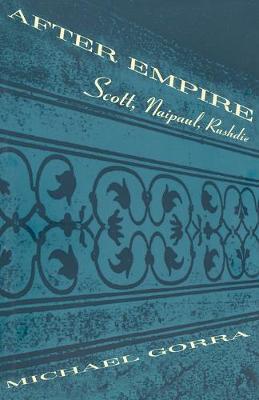This study explores the ways in which three novelists of empire - Paul Scott, V.S. Naipaul and Salman Rushdie - have charted the perpetually drawn and perpetually blurred boundaries of identity in the wake of British imperialism. Arguing against a model of cultural identity based on race, Gorra begins with Scott's portrait, in "The Raj Quartet", of the character Hari Kumar - a seeming oxymoron, an "English boy with a dark brown skin", whose very existence undercuts the belief in an absolute distinction between England and India. He then considers the different figures of Naipaul and Rushdie, two novelists of the Indian diaspora. Whereas Naipaul's long and controversial career is said to map the "deep disorder" spread by imperialism and its passing, Rushdie demonstrates that certain consequences of that disorder, such as migrancy and mimicry, have themselves become creative forces. The readings of postcolonial fiction included in this study demonstrate how imperialism helped shape British national identity, and how, after the end of empire, that identity must be reconfigured.
- ISBN10 0226304752
- ISBN13 9780226304755
- Publish Date 15 March 1997 (first published 2 March 1997)
- Publish Status Active
- Publish Country US
- Imprint University of Chicago Press
- Edition New edition
- Format Paperback (UK Trade)
- Pages 218
- Language English
- URL http://wiley.com/remtitle.cgi?isbn=9780226304755
